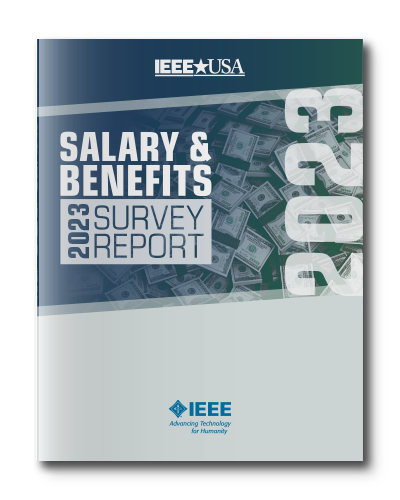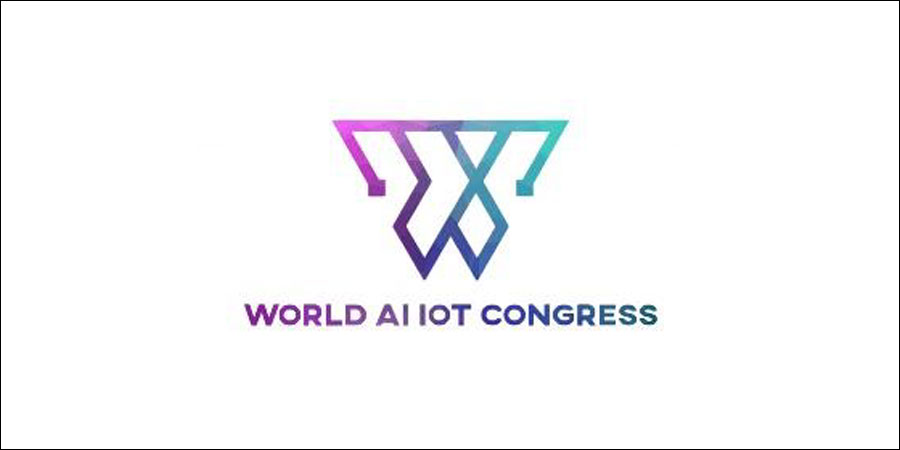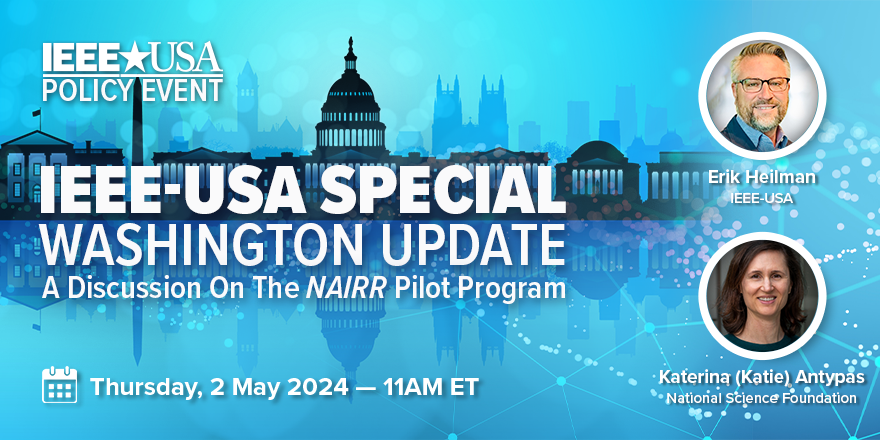Introduction
If you are an IEEE member and a consultant or considering becoming a consultant of engineering services – in simpler terms, a private practitioner – you could benefit from associating with other like-minded consultants.
Where do you go?
If there is an IEEE Consultants Network (CN) in your area, join it. There are active Consultants’ Networks across the United States and others are in the formative stages. An IEEE Consultants Network is an invaluable resource for consulting information. You will meet experienced practitioners as well as others new to consulting. Speakers discuss broad range of topics, such as taxes, marketing, finances, fee setting, software and liability insurance. The network is also a source of potential clients. If no Consultants Network exists in your area, consider forming one. Organizing a network can be exciting and rewarding.
How do I start a CN in my area?
The following guide, developed by the Alliance of IEEE Consultants Networks Coordinating Committee (AICNCC), is designed to help IEEE members who are independent consultants launch a new consultants network, if none currently exists in their respective areas.
You may also contact your local IEEE chairman or the editor of the local IEEE newsletter or the IEEE-USA office for more information.
Starting a Consultants Network
Step 1: Local Section Support
Contact the local Section chair representative to discuss your intent to form a new Consultants’ Network. To find out who these people are, refer to your local Section’s newsletter or visit the IEEE Member and Geographic Activities page to find your local Section and Chapter contacts. Make arrangements to attend a Section Executive Committee (EXCOM) meeting.
At the EXCOM meeting, request to be appointed Temporary Chair of a CN with authority to determine whether there is an interest in the community.
Step 2: Funding Availability
There are some funds available for postage, printing, etc. to help get local CNs started. Your local Section PACE Chairman or your Region PACE Coordinator can be contacted for this help.
Step 3: First Meeting Announcement
With the help of EXCOM, schedule an initial meeting of the CN. Announce the meeting in the Section newsletter, on the web and via social media channels. For the first meeting, try to get a good location with some light refreshments.
In addition to the newsletter announcement, make personal contacts, and ask the EXCOM members to make personal contacts. Do whatever is necessary to let local consultants and IEEE members know a Consultants’ Network meeting will take place. Send announcements to local newspapers and magazines.
Step 4: First Meeting Agenda
At the first meeting:
- Determine interest
- Collect input from attendees regarding their needs and expectations from a CN.
- Agree to meet on a regular basis.
- Get names and addresses of attendees.
- Get volunteers for the following positions: Vice Chair; Secretary; and Program Director
Be prepared to schedule the next and later meetings. A good tactic is to schedule all the subsequent meetings at the same location and at some easily remembered time, such as the second Monday of every month at 7:00 PM. Announce the next meeting in the Section newsletter, on the web and via social media. Notify local newspapers, magazines and other appropriate media channels.
Step 5: Publishing a Directory
A major activity of all CNs has been the generation and distribution of a directory of members listing their consulting expertise. For samples of the existing directories, contact members of the Alliance to request a copy of their directory.
Publishing a directory can be a major expense.
Step 6: Activities for Future Meetings
Consider the following additional activities for future meetings. These activities both help get business and improve consulting skills:
- Have members give five-minute talks on what they do and how they get business. Allow time for questions and answers. This is the beginning of internal networking.
- Conduct an anonymous survey of consulting fees and make the results available to the membership.
- Advertise in local newspapers and journals, and the Section newsletter. Write news releases for local papers. Later, you may wish to start your own newsletter.
Step 7: Type of Speakers for CN Meetings
Consider inviting the following types of speakers to your meetings:
- Accountants
- Lawyers
- Marketing professionals
- Insurance experts
- Industry leaders
- University leaders
- IEEE leaders
It is usually easy to get speakers. Initially, identify speakers through the members. The members have their own networks of lawyers, accountants, insurance experts, other consultants, university professors, city officials, chamber of commerce and so on. These people will usually be pleased to speak to a group of IEEE consultants.
Step 8: National Conferences/Workshops
Consider working with the AICNCC to host a national conference or workshop. Contact committee members for details.
Step 9: Making Liaisons with other Organizations
Now that you are a formal organization, consider making liaisons with other organizations in your area. A relation with a local college or university could give you a platform for hosting seminars. Offer to conduct seminars or workshops on technical subjects to these groups.
Step 10: Membership Fees
Membership fees vary among the existing CNs. To be part of a directory of referral service, fees range from $50 to over a $100. To attend meetings, fees range from $0 to $20. Currently, there is no standard fee. While you can charge an annual fee, you are not permitted to charge dues, as that is what IEEE does.
A directory for distribution, or a referral system, requires a setup and a recurring cost that must be paid for by those who use it. Meetings may or may not have costs associated with them.
Step 11: Code of Ethics
As IEEE members, we are bound to the IEEE Code of Ethics. As professional consultants, we should go a step further also follow a more stringent code of ethics. A sample code of ethics for IEEE Consultants’ Networks is based on the Code of Ethics promulgated by the National Society of Professional Engineers. The primary change is using the term “Consultants Network Member” rather than “Engineer,” as membership is not limited to degreed or professional engineers.
Step 12: Bylaws
As time progresses, your CN will need a set of Bylaws and a full set of officers and committees. How many officers and/or committees required will depend on the size and activity of the CN.
Step 13: Keep the AICN Informed
Keep the Alliance informed of your progress. The AICN Coordinating Committee (AICNCC) is available for advice and consultation to help you in the formation of your Network.
Step 14: Affinity Group Status
As soon as you have a nucleus of about eight members, you may apply for recognition as an Affinity Group.
For more information, contact:
Daryll Griffin
IEEE-USA
2001 L Street, NW, Suite 700
Washington, DC 20036-5104
(Office) 202/530-8337
(Fax) 202/785-0835
(Email) d.r.griffin@ieee.org









